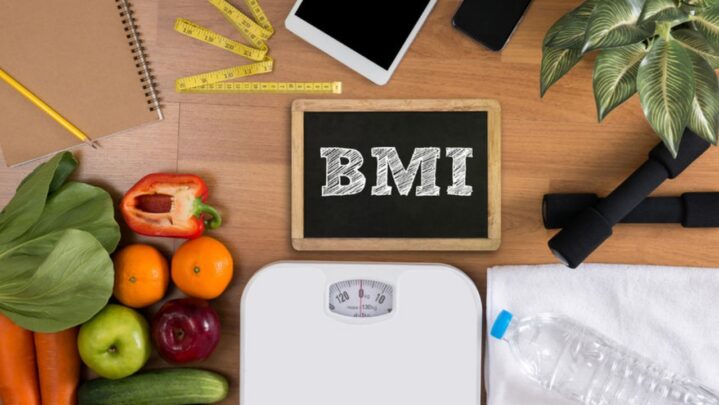You’ve undoubtedly had your BMI checked for decades and aren’t even aware of it. When you see the physician, the nursing assistant takes your health data and weighs you; they may also check your height. They can use these data to compute your BMI (Body Mass Index), which indicates how much fat mass you have. A BMI of 19-24.9 suggests normal body weight; just fewer than 19 imply underweight; 25-29.9 represents weight gain; and 30 denote obesity.
If you have a normal BMI then you will not have any muscle aches. Your body will function properly and the pulse rate will be normal. There will be less strain on your heart and cardiovascular system. You will have a good night’s sleep and your cholesterol levels will be in check. Sugar levels and the risk of having diabetes will be significantly lower.
Currently, an individual’s BMI is used to determine whether or not they are fat or obese. Obesity is linked to a variety of other underlying medical conditions; therefore it’s critical to be aware of one’s weight gain. We can check our body weight from a weighing scale, but we need the BMI number to put it in the appropriate group.
If your BMI is excessive, particularly if it indicates that you are overweight, you should pay close attention to your wellbeing. You must make every effort to lose those additional pounds as soon as possible.
With all the stigma attached to being fat or obese, you’d assume that being slimmer would be preferable but this isn’t true. When opposed to having a normal body weight, being skinny or underweight is linked to poor mental wellbeing.
A low BMI, sometimes known as “underweight,” is less than 18.5. Ultimately, your ideal body mass index will be determined by your height. The standard woman is 5’4″ tall; if she weighs 107 pounds or even less, she has a low BMI, which is also known as a low body weight limit.
If you’re worried about your size and weight, consult a doctor. They can direct you to other programs that can be beneficial for you.
Also Read: Benefits Of Power Nap





